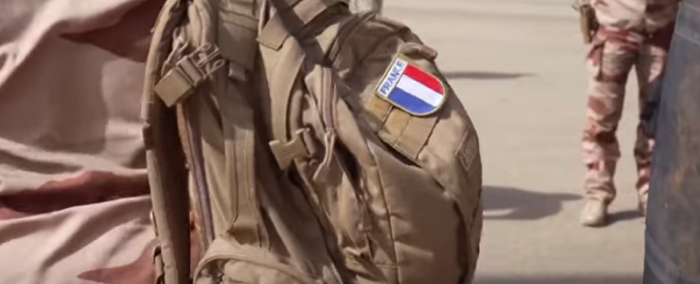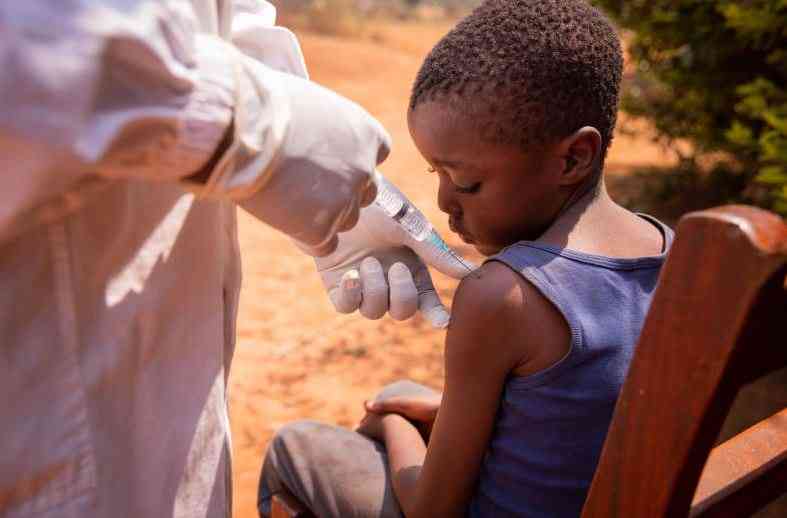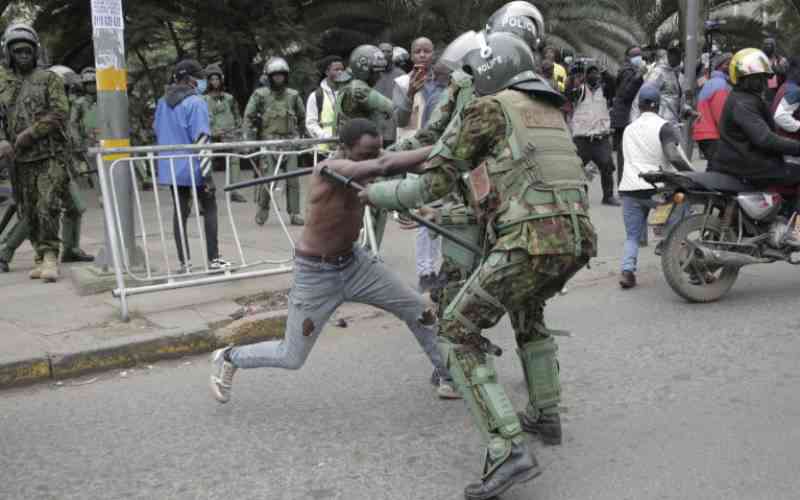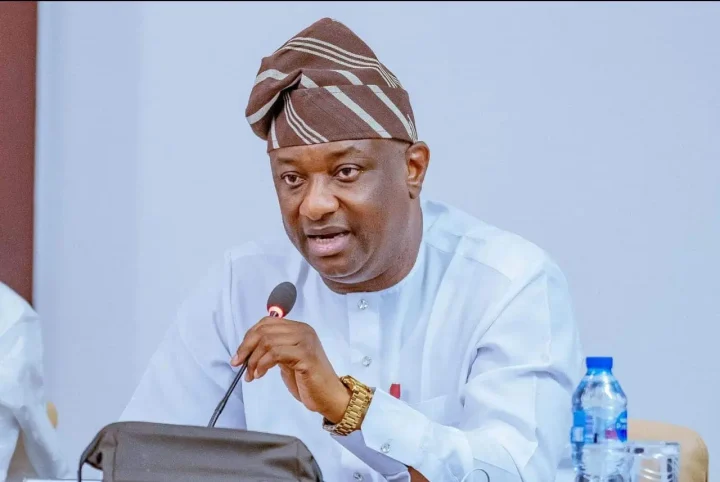West African Leaders Urge Unity Amid Regional Fractures | News Ghana
The closed-door talks, described by both sides as “strategic,” centered on shared economic priorities and mounting regional instability, underscoring the high stakes of recent political fractures in the Sahel.
The leaders highlighted defense, security, and cross-border infrastructure—including the ambitious Abidjan-Lagos highway project—as pillars of their partnership. With Côte d’Ivoire and Ghana collectively dominating over 60% of global cocoa production, discussions also touched on stabilizing commodity markets and advancing the long-delayed ECO common currency. Mahama, emphasizing cultural and economic ties, declared the nations “one people,” urging accelerated collaboration under the African Continental Free Trade Area to counter external shocks.
Security dominated the agenda, with both presidents warning that terrorism, piracy, and climate-driven displacement threaten progress across West Africa. Their remarks followed a stark acknowledgement of the humanitarian crises in Mali, Burkina Faso, and Niger, which quit ECOWAS in January amid tensions over military coups. Ouattara framed the withdrawal as a collective setback, stressing, “We are stronger as 15 nations than as three,” while expressing confidence in Mahama’s diplomatic outreach to the Sahel states.
Mahama, for his part, cited the “human cost” of border closures, which have stranded migrants and disrupted trade. Though light on specifics, his pledge to engage the Sahel alliance signals a delicate balancing act: reconciling regional solidarity with the hard realities of military regimes.
Analysts suggest the meeting reflects growing anxiety over ECOWAS’s waning influence as external powers like Russia expand their foothold in the Sahel. While the Ivorian-Ghanaian partnership remains a cornerstone of regional integration, the path to reconciling with the AES bloc appears fraught—a test of diplomacy neither leader can afford to fail.
Follow on Google News












